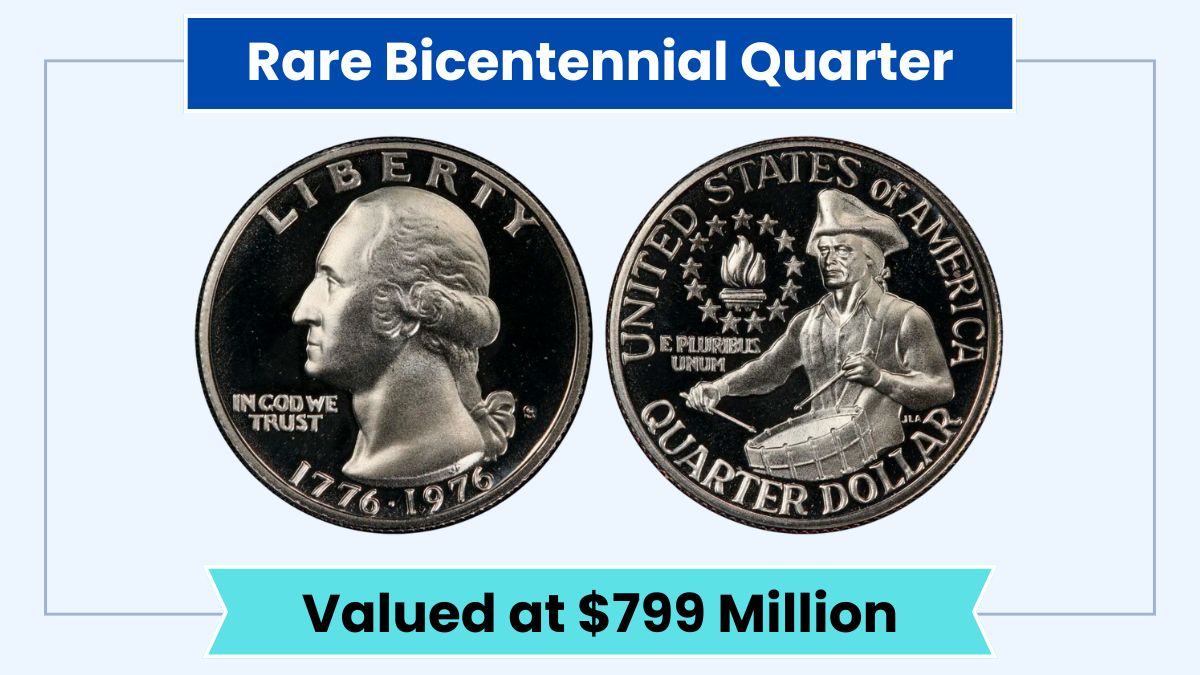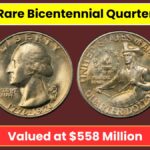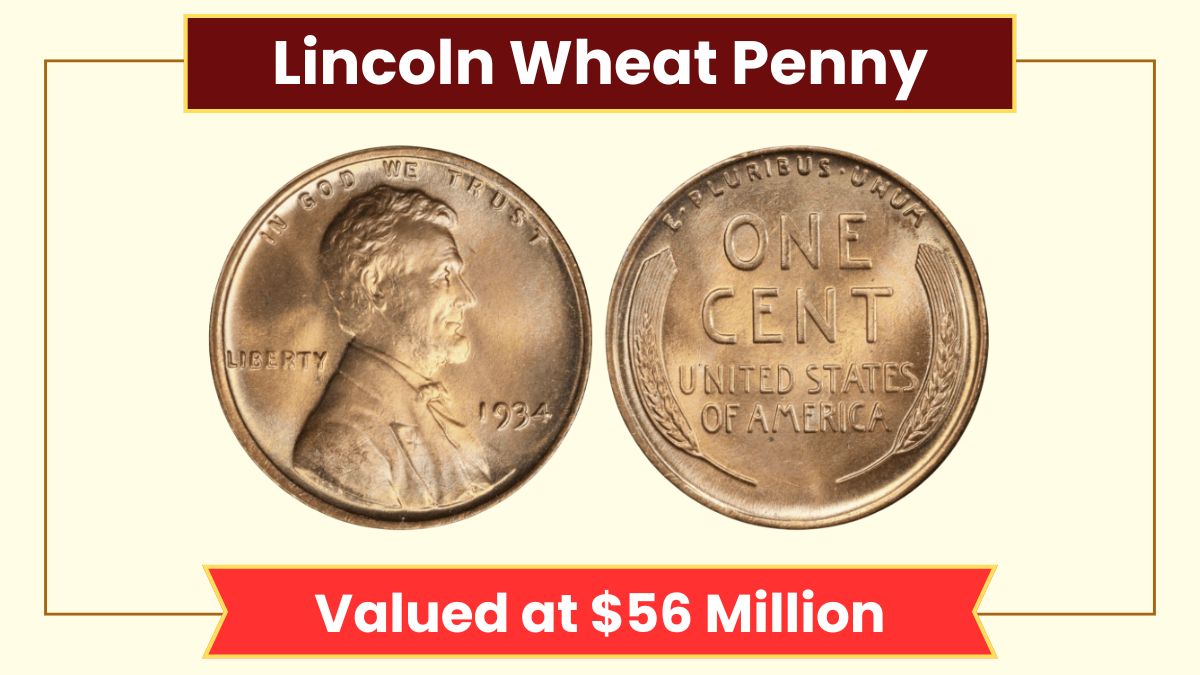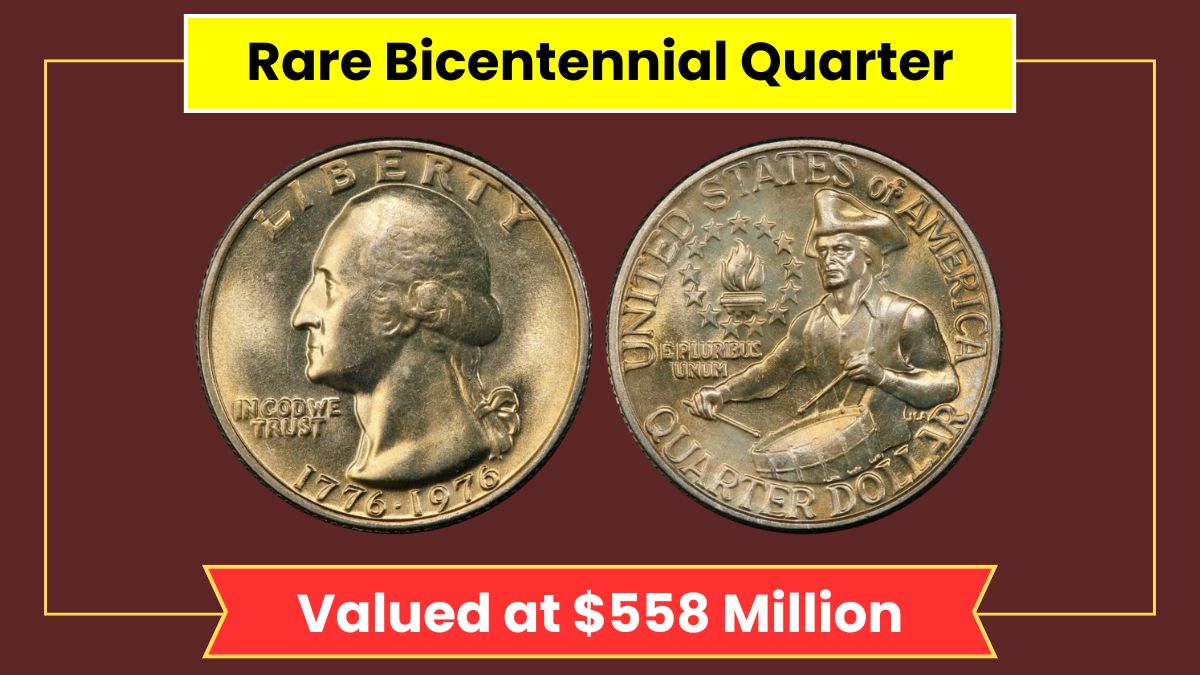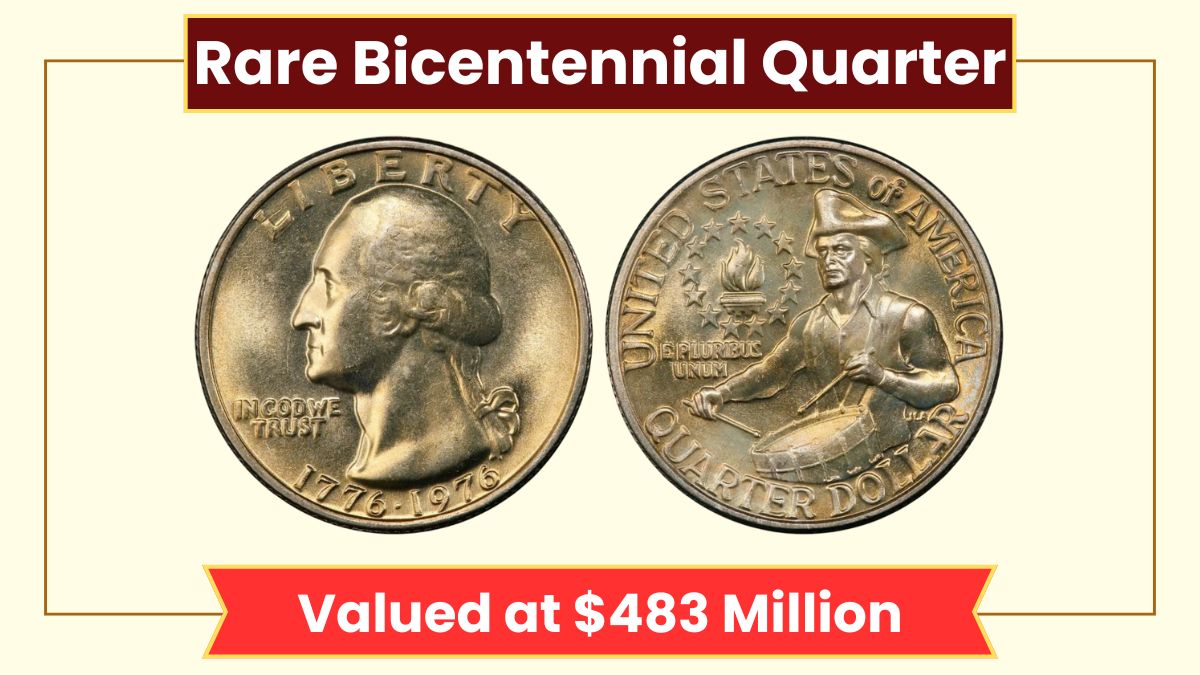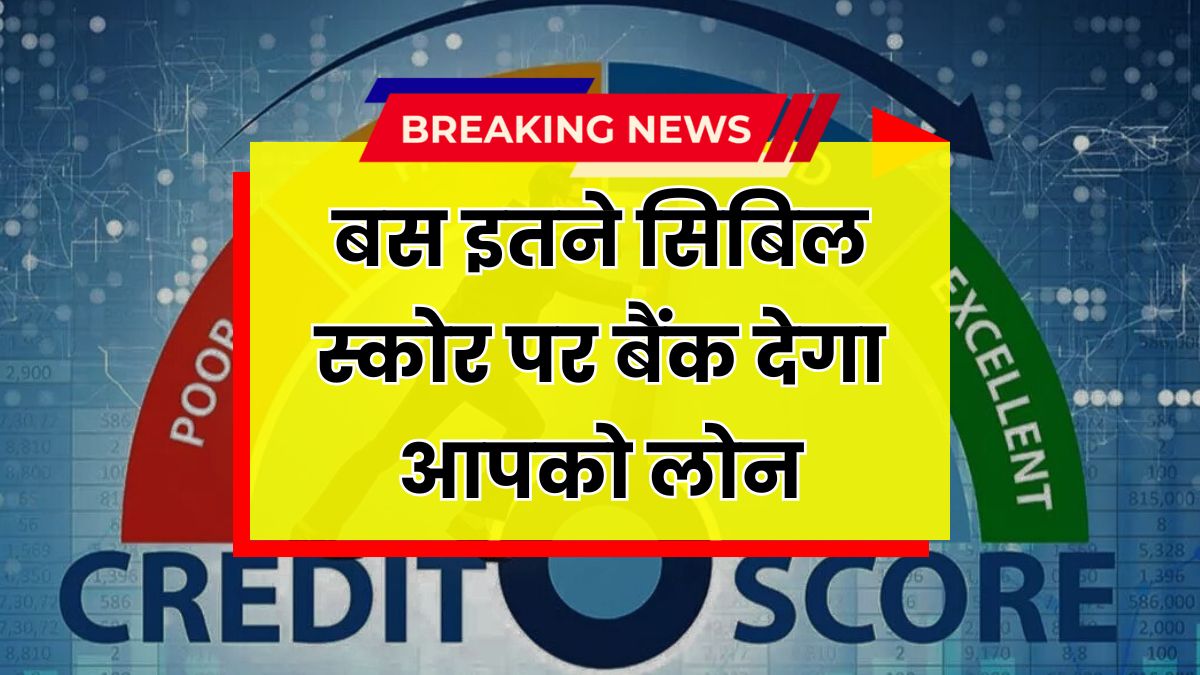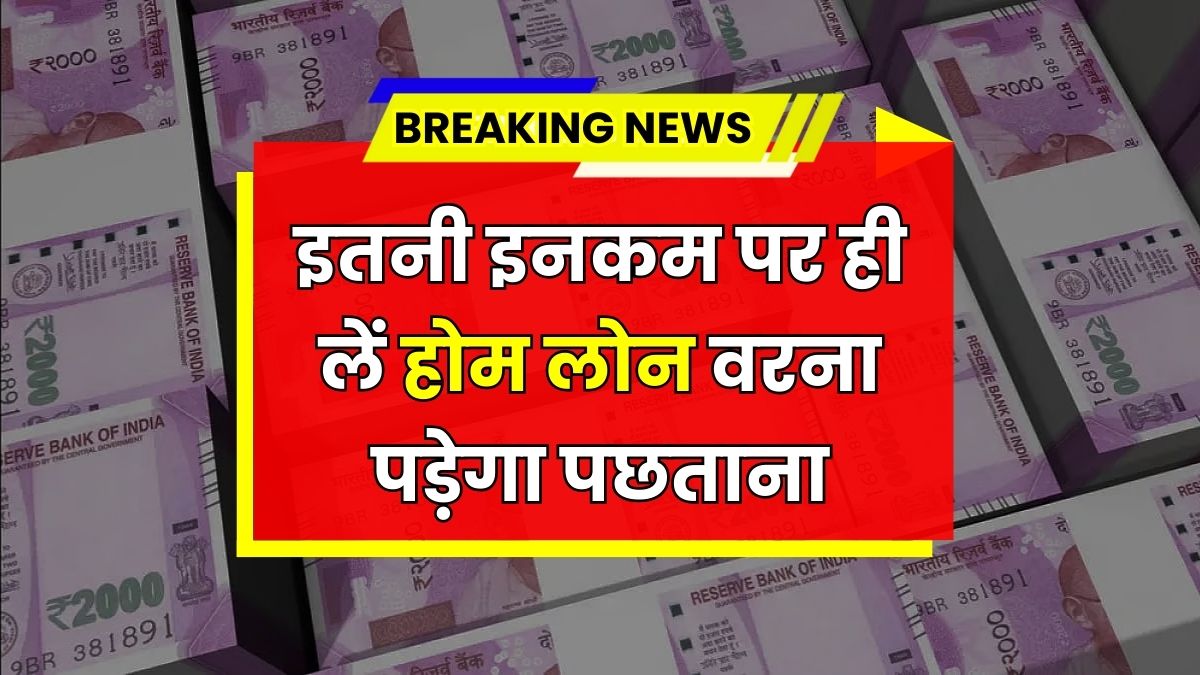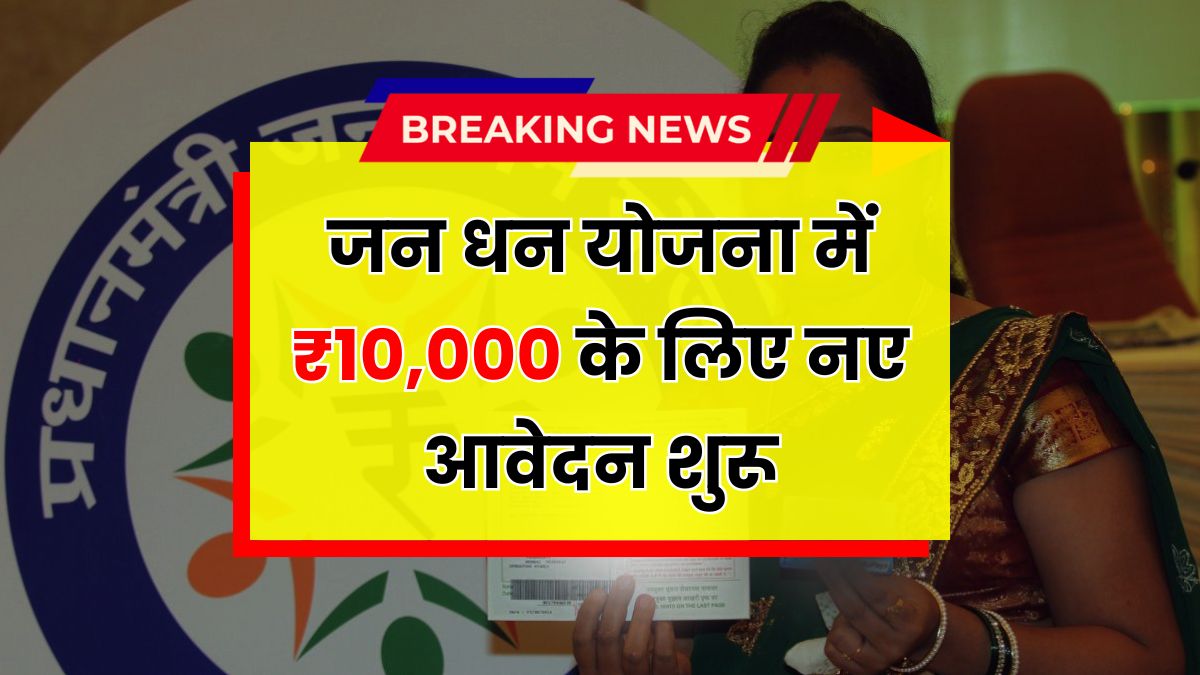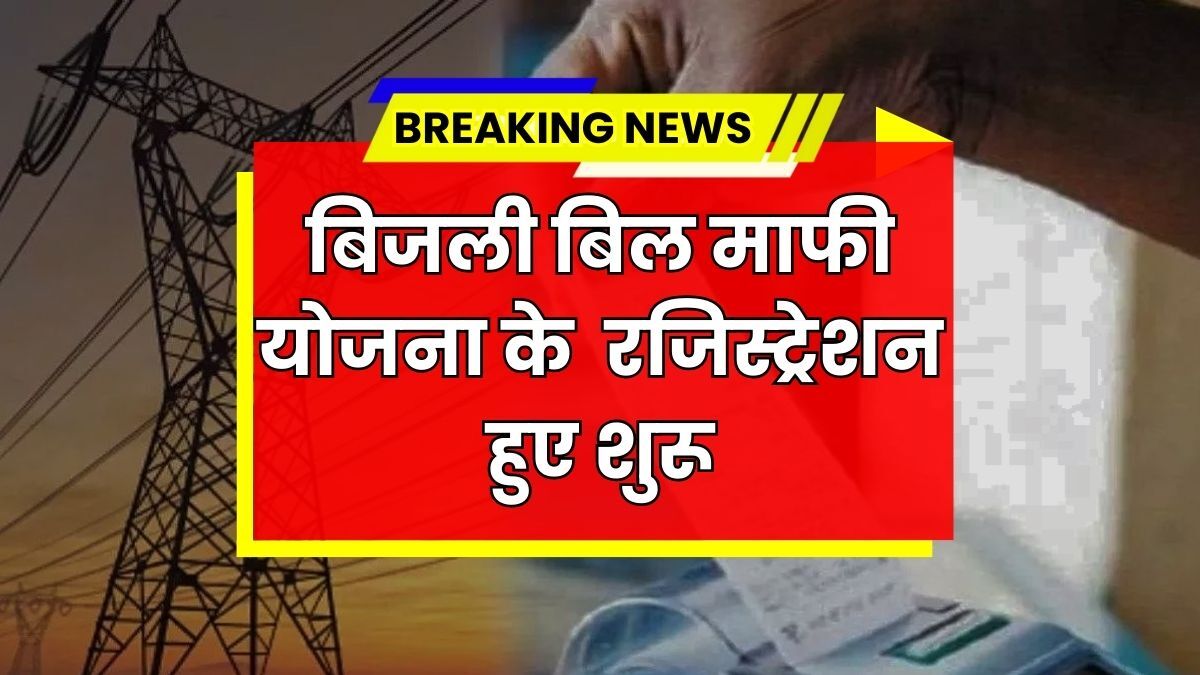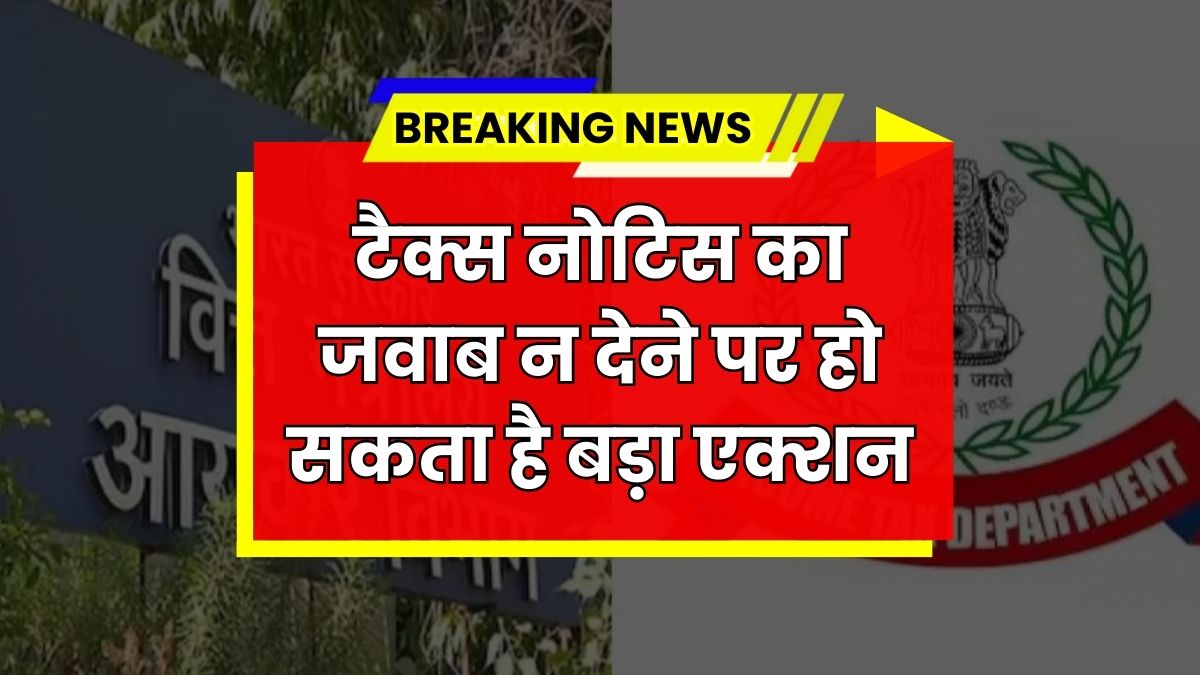What if a single 25-cent coin could make you a multi-millionaire? According to online buzz, a rare Bicentennial Quarter has been valued at a staggering $799 million—a number so massive, it sounds more like a lottery jackpot than a coin value. While this figure is almost certainly exaggerated, it shines a spotlight on the world of rare coins, where even pocket change can hold life-changing value. But is this quarter real? And could it still be in circulation today?
What Is a Bicentennial Quarter?
In 1976, the United States Mint released a special quarter to celebrate the 200th anniversary of American independence. The Bicentennial Quarter replaced the standard eagle design with a Colonial drummer boy on the back, along with a torch and 13 stars representing the original colonies. The front featured George Washington, but with a double date: “1776–1976.”
Millions of these coins were minted and used in everyday transactions. Most are still only worth 25 cents, but a small number—due to rarity, errors, or unique composition—are highly collectible.
Why the $799 Million Value?
Let’s clear the air: no Bicentennial Quarter has ever officially sold for $799 million. That value is more likely tied to internet hype than actual market activity. However, the idea of a nearly-billion-dollar coin stems from real factors that can dramatically increase a coin’s worth:
- Minting Errors – If a quarter was misstruck, double-stamped, or made from the wrong material, it could be one-of-a-kind.
- Silver Composition – A limited number of Bicentennial Quarters were made from 40% silver, and are much more valuable than the regular copper-nickel versions.
- Perfect Condition (MS-70) – Coins that have never been circulated and show no wear or scratches can sell for thousands—or more—especially if they’re rare.
- Collector Demand – Some collectors will pay massive amounts for a coin that completes their collection, especially if it’s unique or has a remarkable story.
While $799 million may be a stretch, a one-of-a-kind Bicentennial Quarter with a verified minting error and in perfect condition could realistically fetch six or seven figures in a private sale.
Could It Still Be in Circulation?
Yes, and that’s what makes this story even more exciting. Many rare coins are discovered in unexpected places:
- In bank rolls
- At garage sales
- In old jars or coin boxes
- Even in regular store change
Because most people don’t inspect their coins closely, a rare Bicentennial Quarter could easily be overlooked and still be circulating today.
How to Identify a Rare Bicentennial Quarter
If you’ve got a 1976 quarter, here’s how to check if it might be valuable:
- Look for “1776–1976” on the front.
- The back must feature the Colonial drummer boy.
- Examine the coin’s edge: Silver coins have a solid silver edge (no copper stripe).
- Weigh the coin: Silver quarters are slightly heavier (about 5.75g).
- Inspect for minting errors: Doubling of text, off-center prints, or odd colors may point to a rare mistake.
- Check the condition: The closer it is to mint state (no wear or damage), the better.
If you find anything unusual, get the coin examined by a certified grading service like PCGS or NGC.
What to Do If You Think You Have One
- Do not clean the coin, as this reduces its value.
- Store it in a protective coin sleeve or holder.
- Have it graded and appraised by a professional.
- If it’s confirmed rare, consult a reputable coin dealer or auction house for the best sale options.
Conclusion: The Quarter That Could Change Your Life
The story of the $799 million Bicentennial Quarter may be more fantasy than fact, but it reflects a real truth: rare coins can be worth a fortune. Whether it’s a rare mint error, silver content, or pristine condition, even an ordinary-looking coin could be a hidden gem. So next time you come across a 1976 quarter, take a closer look—it could be the treasure you never expected.
Disclaimer: The value of coins mentioned in this article is based on market trends and collector interest, and is not guaranteed. Always consult a professional appraiser for accurate valuation.
